The Asbury University revival, explained
What started as a standard chapel service quickly ballooned into something much larger

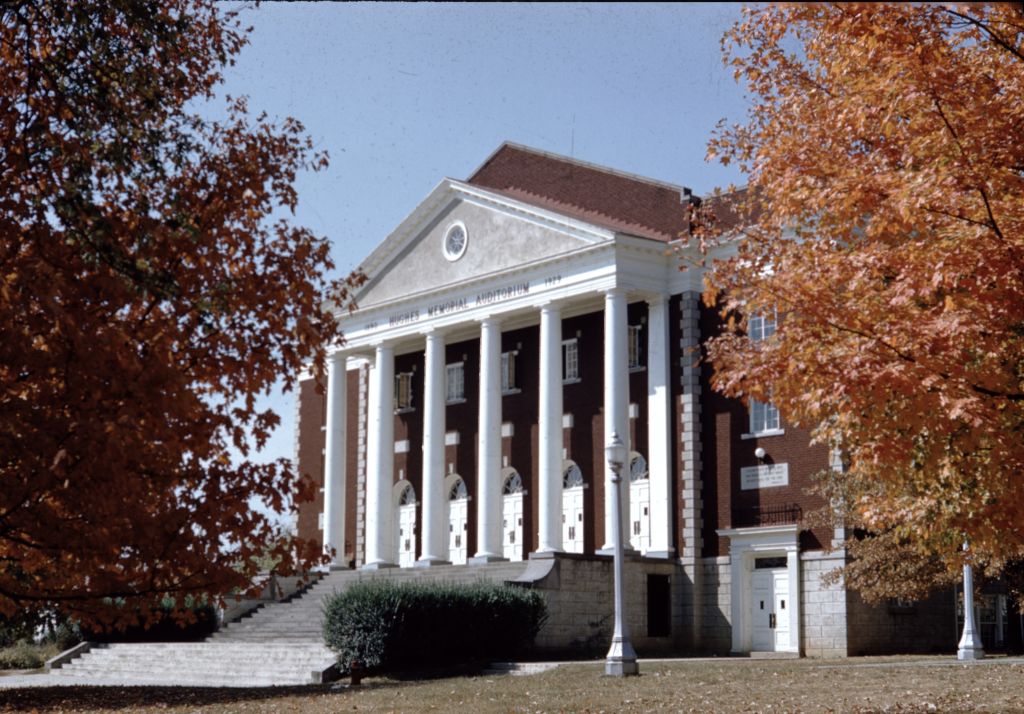
A free daily email with the biggest news stories of the day – and the best features from TheWeek.com
You are now subscribed
Your newsletter sign-up was successful
The religious revival at Asbury University in Kentucky is moving off campus, after two weeks of large crowds and "continuous prayer" upended the small town in which the school is located, People reports. Here's everything you need to know:
What is Asbury University?
Asbury University is a small, private Christian university of about 1,639 students located in Wilmore, Kentucky. Though technically non-denominational, the school is "grounded in the Wesleyan-Holiness tradition," which emphasizes personal holiness and purports that followers can achieve full sanctification in their lifetime thanks to the second sealing of the Holy Spirit.
What was happening there?
What started as a standard chapel service on Feb. 8 quickly ballooned into something much larger than anyone could have anticipated. "The first day we had a very ordinary service, I would call it unremarkable," university President Dr. Kevin Brown told NBC News. But by nightfall, students began returning to the auditorium, joining the group of those that stuck around after the initial mass. More followed, and more, and more, until the chapel was overflowing with students eager to join their peers in prayer. For the next 12 days, the ever-growing congregation worshipped around the clock, as word of the movement meanwhile spread like wildfire on social media, encouraging thousands of pious hopefuls to trek to Asbury and join what many participants had dubbed a "revival."
The Week
Escape your echo chamber. Get the facts behind the news, plus analysis from multiple perspectives.

Sign up for The Week's Free Newsletters
From our morning news briefing to a weekly Good News Newsletter, get the best of The Week delivered directly to your inbox.
From our morning news briefing to a weekly Good News Newsletter, get the best of The Week delivered directly to your inbox.
"We just had some people arrive from Finland, from the Netherlands, they have been coming from all over the country," Asbury Communications Director Abby Laud told local station WKYT on Feb. 18.
The set up inside the sanctuary was "simple," NBC News wrote on Feb. 15: "No projector screens or high-tech integrations, just wooden sanctuary chairs filled with people, and an open altar call with an invitation to prayer … ." In social media videos of the event, "some people are seen crying to worship music, with hands extended high, while others group up and place hands on those seeking prayer."
Given the movement's traction online, school officials made a conscious choice to abstain from overly publicizing what was happening. "The university made an intentional decision not to publicize this because we wanted to place an abundance of respect towards the experience of our students," Brown said.
Why was it moved?
Well, the influx of visitors was more than the tiny university and tiny town could handle. "Our town's institutions here and our town's infrastructure, I just want to be clear, is just not in a place to absorb at this moment, the influx of the blessed guests that we have had come to Wilmore," said Brown, the university's president, per the Louisville Courier-Journal.
A free daily email with the biggest news stories of the day – and the best features from TheWeek.com
The school designated Monday, Feb. 20, as the "concluding public worship service" at its auditorium, though it will continue to hold services for students through Thursday, Feb. 23. But beginning Friday, Feb. 24, "no further public Outpouring services will be held on Asbury's campus." The university is speaking with other venues in the area to discuss further public-facing events, per Insider.
"I have been asked if Asbury is 'stopping' this outpouring of God's Spirit and the stirring of human hearts," Brown, the university's president, wrote in a Feb. 21 statement. "I have responded by pointing out that we cannot stop something we did not start. This was never planned. Over the last few weeks, we have been honored to steward and host services and the guests who have traveled far and wide to attend them."
What did attendees have to say?
"It was the first time where I could relax, and I felt at peace," Gracie Turner, a senior at Asbury, told the Herald-Leader. "It kind of felt like God was telling me, 'This is what you've been missing.'"
Nick Hall, an evangelist who traveled to Kentucky from Minnesota, was equally as impressed by what he experienced, though he was particularly struck by the simplicity of the movement: "In an age of sensationalized encounters, what's happening at the Hughes Auditorium is incredibly simple, humble, and ordinary," he wrote in a Fox News column published Feb. 17. "I can't say for certain if this is revival. What I can say with full confidence is that God is inviting us to turn to Him now ... and He's no more present in Kentucky than He is wherever you are reading this."
Tom McCall, a theology professor at the Asbury Theological Seminary across from the university, was in agreement with Hall. "Some are calling this a revival, and I know that in recent years that term has become associated with political activism and Christian nationalism. But let me be clear: no one at Asbury has that agenda," he wrote in a Feb. 13 opinion piece for Christianity Today. "There is no pressure or hype. There is no manipulation. There is no high-pitched emotional fervor. … I cannot analyze — or even adequately describe — all that is happening, but there is no doubt in my mind that God is present and active."
So what exactly is a revival?
In the Christian faith, a revival typically refers to a movement to revitalize and energize a church's congregation, ideally while converting new followers. "Some see them as reactions to major social upheavals — revivals occur when we're rattled and want quick fixes for our uncertainties," Paul Prather writes for the Lexington Herald-Leader. Others "see them as merciful visitations from God, who cares about people and occasionally shows up in especially dramatic ways to let us know it."
But there is plenty of side-eyeing to be had, as well. Indeed, as Prather notes, critics often interpret revivals as "manifestations of superstition, hysteria, and social contagion," rather than something born of genuine religious fervor. Skeptics also might also scrutinize such events — which experts say occur "when people feel things have gone awry or there is need for hope," per The Washington Post — as exclusionary of certain identities and an overall "dangerous practice that can conflate religious and political aims," AJ Willingham notes for CNN.
Has Asbury experienced a revival before?
Believe it or not, "revivalism is baked into Asbury's DNA," Prather writes. As far back as 1905 and as recently as 2006, students at the university have found themselves sporadically and spontaneously called to worship for days at a time.
Brigid Kennedy worked at The Week from 2021 to 2023 as a staff writer, junior editor and then story editor, with an interest in U.S. politics, the economy and the music industry.
-
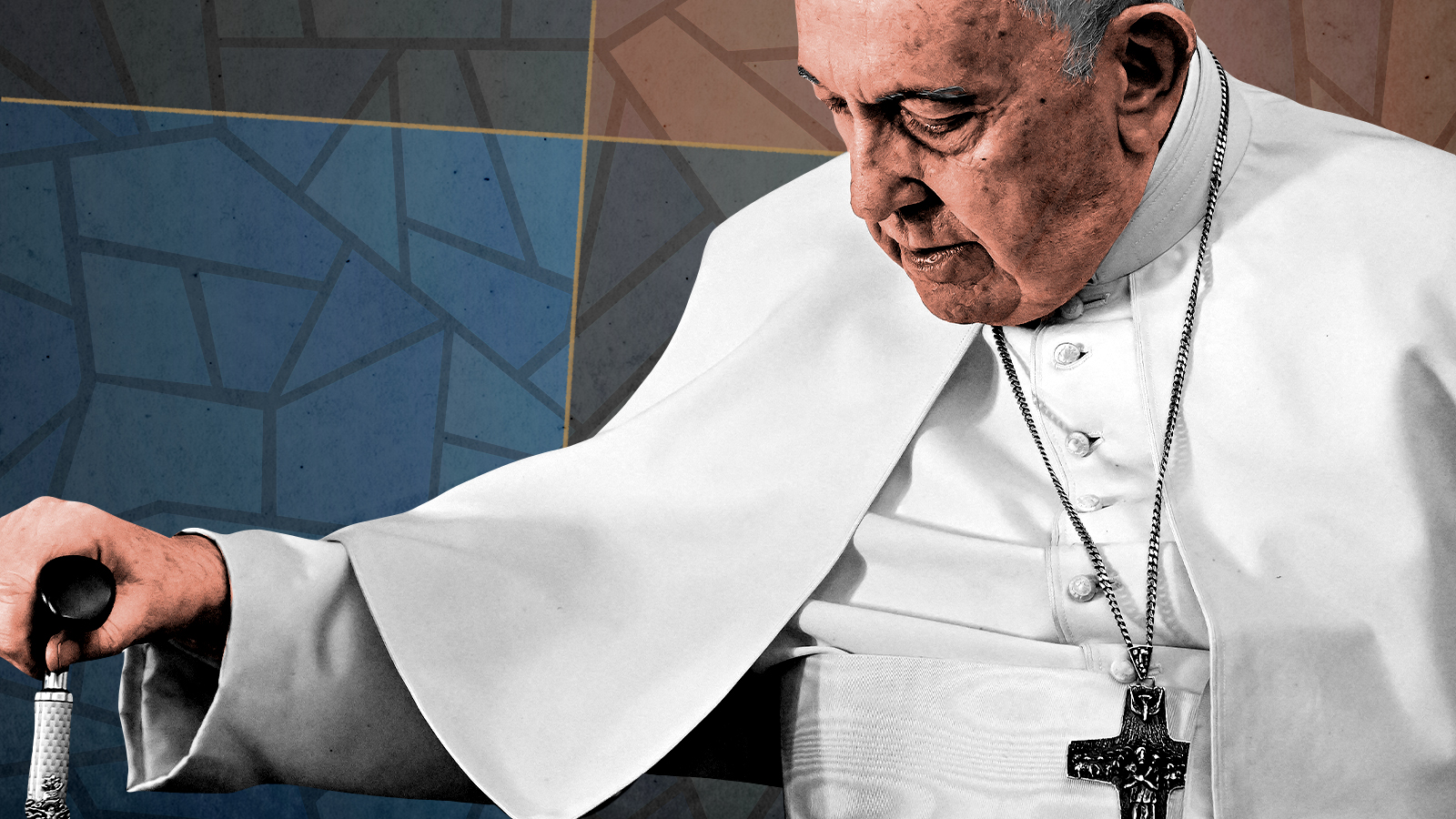 What the Catholic Church is learning from Pope Francis' big bet on 'synodality'
What the Catholic Church is learning from Pope Francis' big bet on 'synodality'Speed Read Why is the event considered the “greatest gamble of this papacy”?
-
 Christians in the U.S. are on their way to becoming a minority
Christians in the U.S. are on their way to becoming a minoritySpeed Read A new report on the future of American religion, explained
-
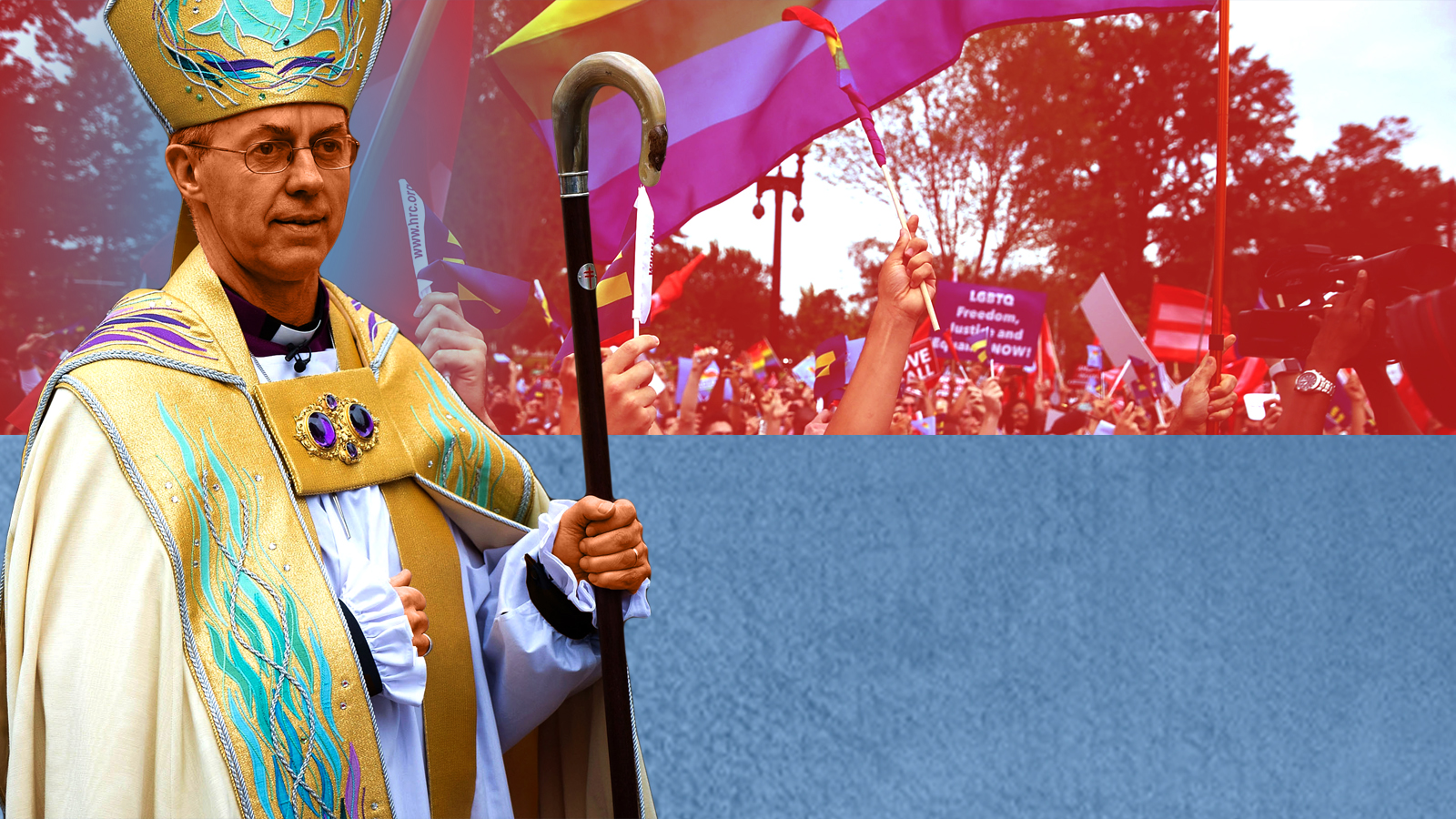 Have Anglicans reached a compromise on same-sex marriage?
Have Anglicans reached a compromise on same-sex marriage?Speed Read The Anglican Communion's leader tried to strike a balance between the church's two warring positions. But will it work?
-
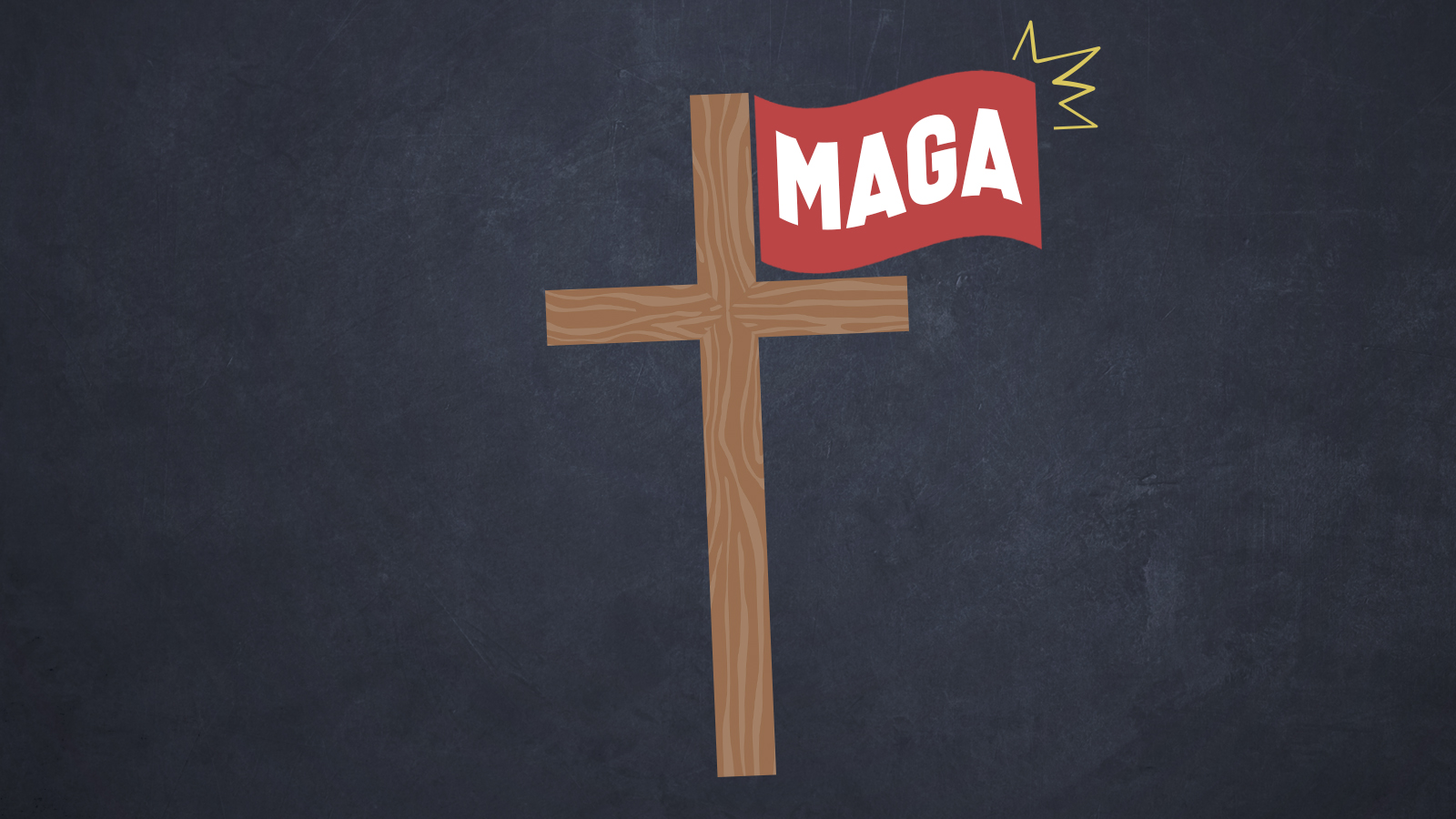 What did Christian nationalism have to do with Jan. 6?
What did Christian nationalism have to do with Jan. 6?Speed Read The movement is more than Donald Trump's religious supporters
-
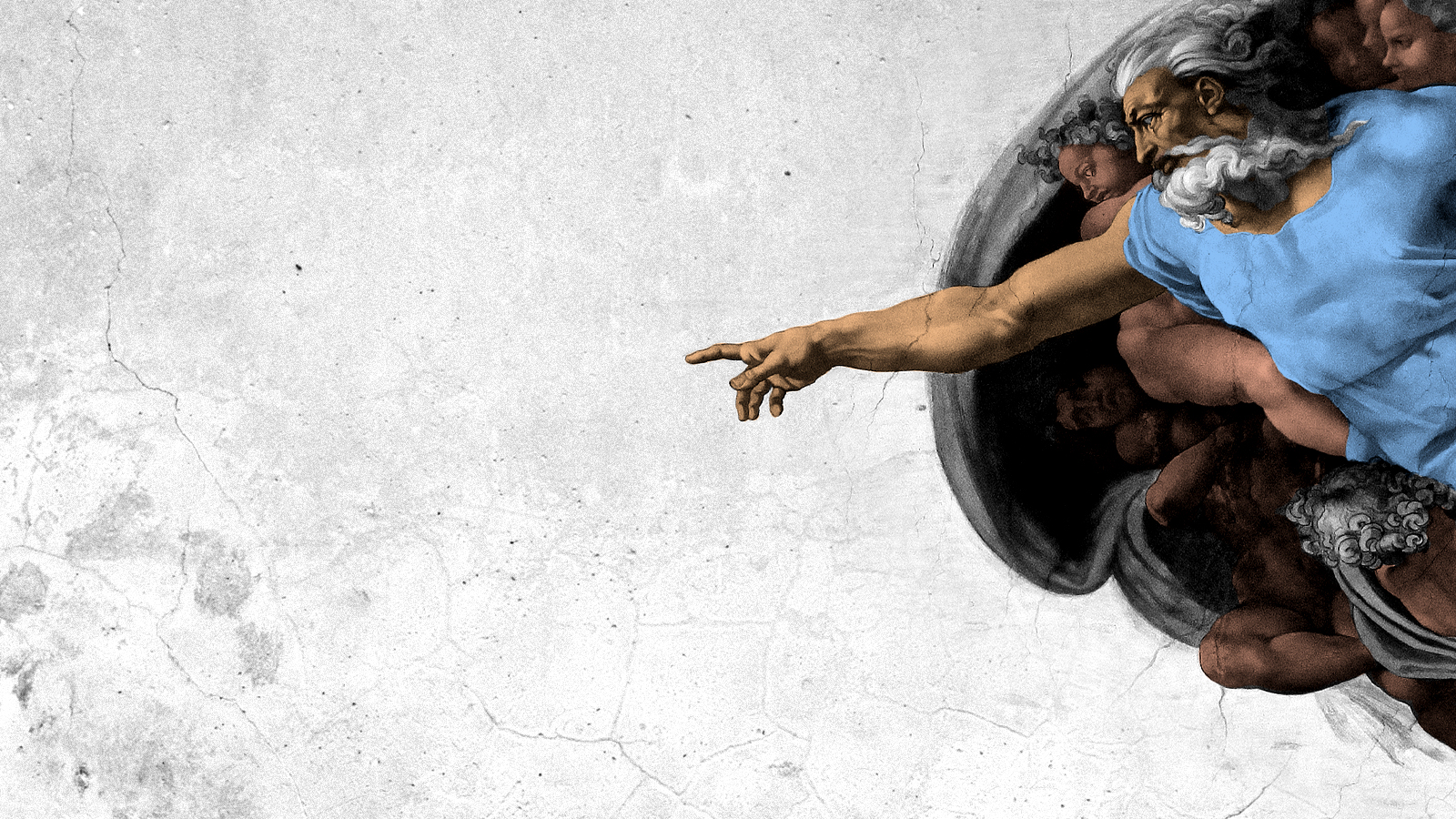 Is America abandoning religion — or just remixing it?
Is America abandoning religion — or just remixing it?Speed Read Fewer Americans than ever answer 'yes' to the question of if they believe in God
-
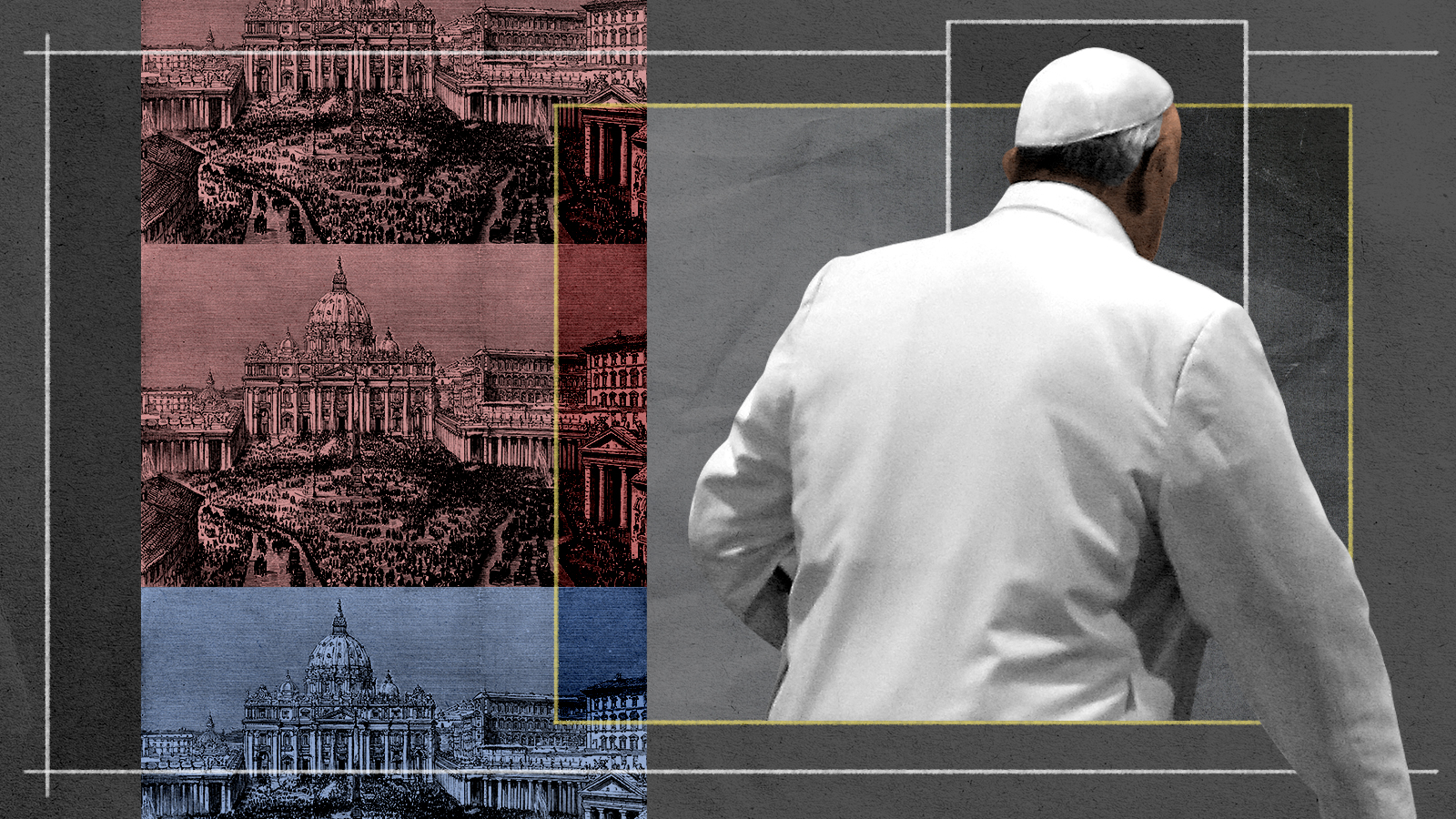 3 signs Pope Francis might be preparing to resign
3 signs Pope Francis might be preparing to resignSpeed Read Is Pope Francis signaling that he's about to resign?
-
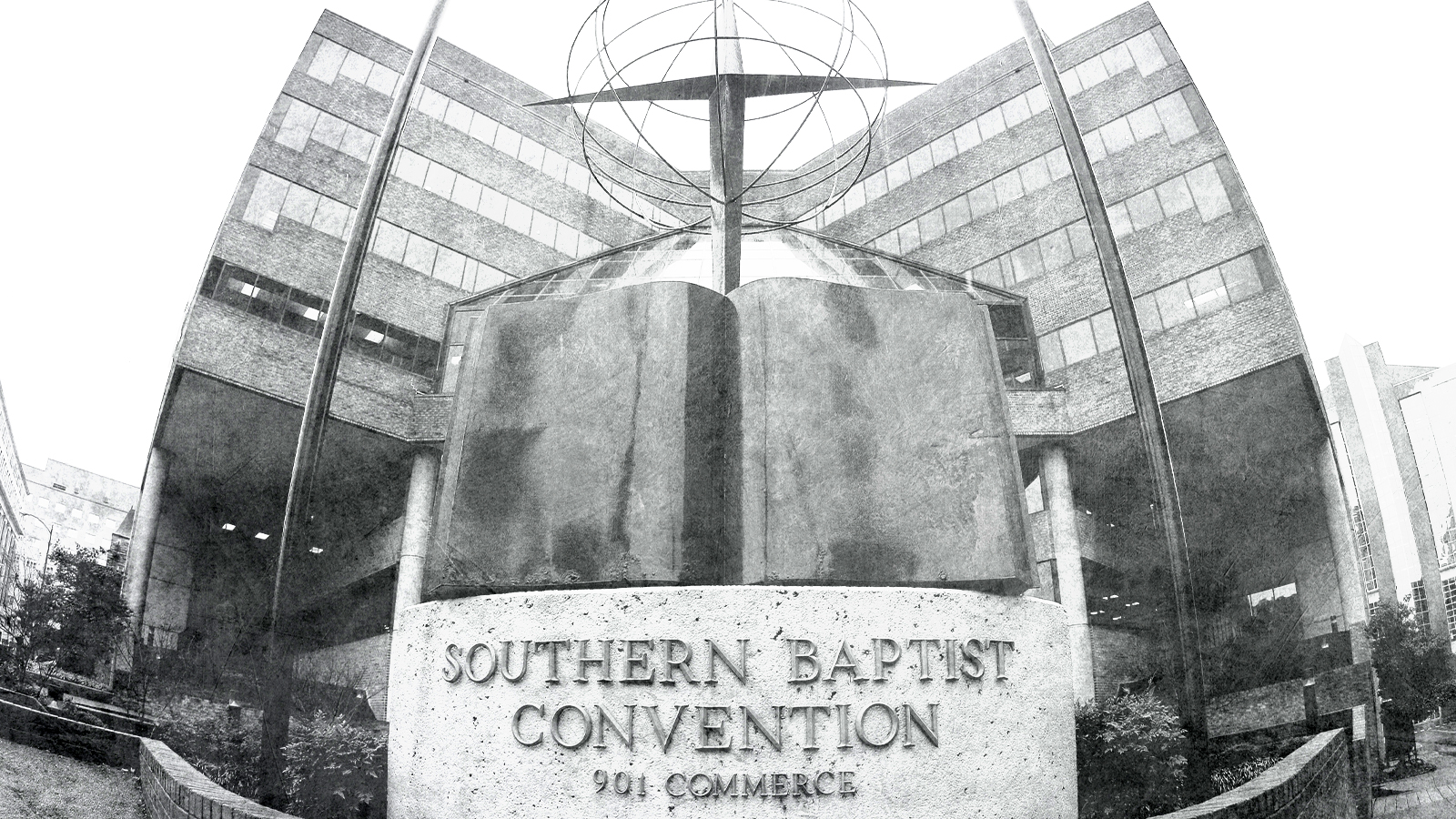 How widespread is the sex abuse scandal in the Southern Baptist Convention?
How widespread is the sex abuse scandal in the Southern Baptist Convention?Speed Read Why America's largest Protestant denomination is in turmoil



